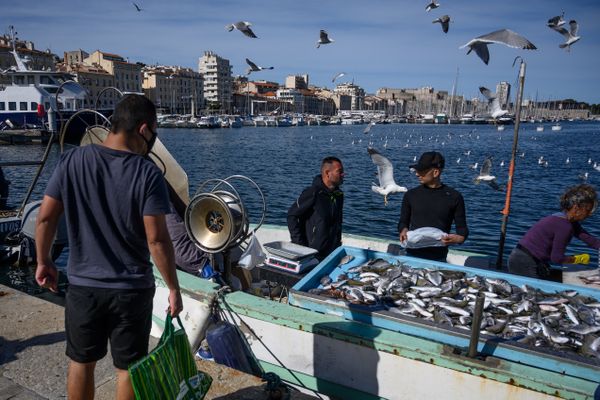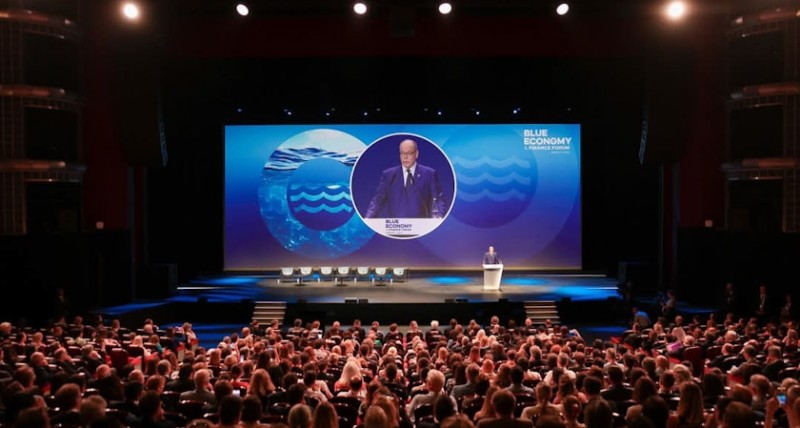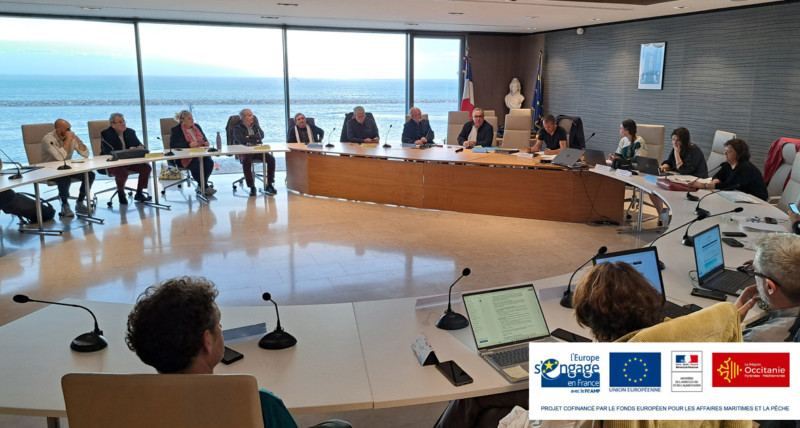The Mediterranean is affected by overfishing, asserts Ifremer, the French research institute entirely dedicated to ocean knowledge, this Tuesday, February 13, following the publication of its 2023 Assessment of the status of fishery resources landed by French fishing in 2022. Only 36.5% of the 18,000 tons of fish were sustainably caught in 2022, the last year for which data was collected.
Across France, overfishing affects 20% of the fish landed on its territory. European objectives aimed to achieve 100% sustainable fishing by 2020, goals that are now far from satisfactory.
The red mullet, a fish species in good condition In the Mediterranean, Ifremer notes no significant changes between 2021 and 2022. The contribution of fish populations considered « in good condition » to French landings is very low in this area, around 2%. Among the species with stocks in good condition in the Mediterranean is the red mullet from the Gulf of Lion, accounting for 2%.
In 2022, 34% of French landings in the Mediterranean come from stocks described as « rebuildable or under rebuilding ». In this category, we find the Atlantic bluefin tuna – Mediterranean, at 29%, the anchovy from the Gulf of Lion, at 5%, the sardine from the Gulf of Lion, at 1%, and finally the swordfish, at less than 1%.
Ifremer’s calculations also include species considered overfished and degraded, such as monkfish and albacore.
Other fish landings are classified as « collapsed ». In the Mediterranean, this includes the hake from the Gulf of Lion and the eel.
Ifremer also has a category of species they consider « unassessed », due to lack of information, « coastal species being variable, » according to Clara Ulrich, Ifremer’s deputy director. This includes octopus, mackerel, or royal bream. Scientific studies are ongoing.
Consequences of climate change Several factors explain the degradation of fishing in the Mediterranean. « There is not only warming, but other elements also play a role in these pollution and destruction factors, » says Clara Ulrich. The scientist mentions changes and depletion of nutrients in the water, linked to climate change, and human factors, such as coastal habitat construction.
Ifremer prefers to speak of « global change » rather than climate change. « When the climate changes, many other things change as well. We can include invasive species, diseases, pollutants. All these things that were not there before, » explains Clara Ulrich. All these factors lead to a change in marine biodiversity.




